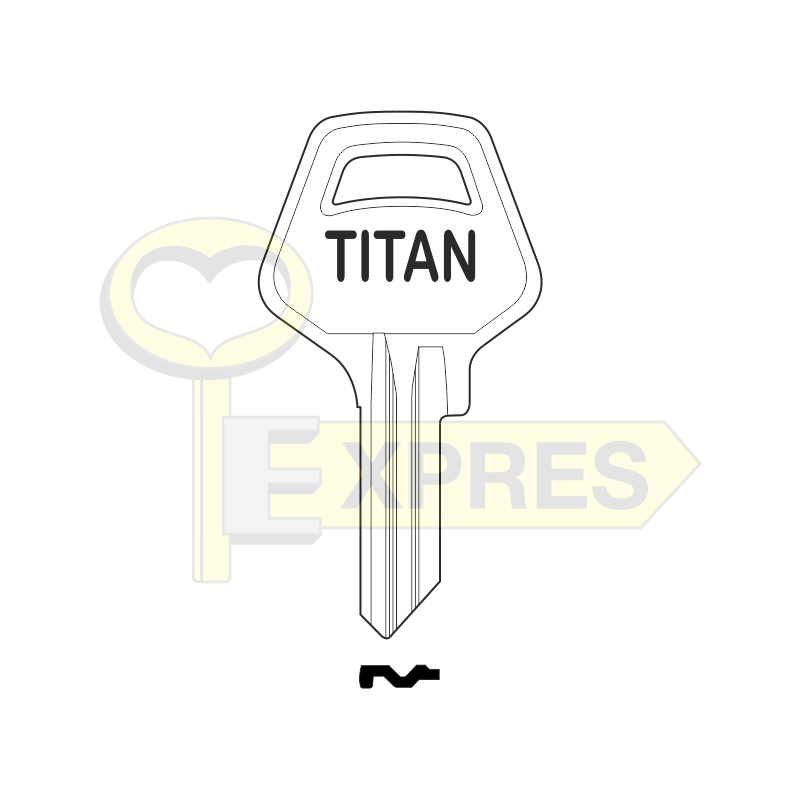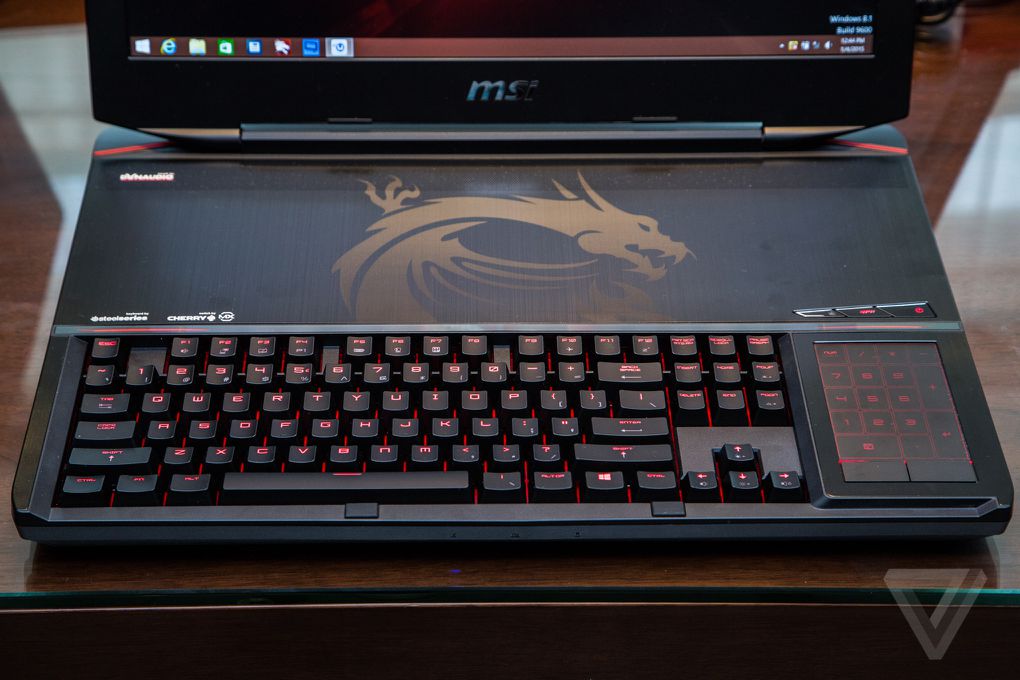

It was designed to be predominantly a hardware protection device.

This chip was the size of stud earring and was already installed on thousands of servers within Google data centres. The device is an evolution of what first appeared back in 2017, when Google revealed the existence of its Titan Security chip. Then in August this year Google made the key available for sale to British users, costing £50 and available in two form factors: a key-shaped USB stick and a Bluetooth key fob. Google had first revealed its Titan Security Key to the world back in August 2018, but the device was only available on sale in the United States. Google has released an additional option to its range of two-factor authentication (2FA) security keys, with the release of a USB-C model, compatible with Android, Chrome OS, macOS, and Windows devices.


 0 kommentar(er)
0 kommentar(er)
